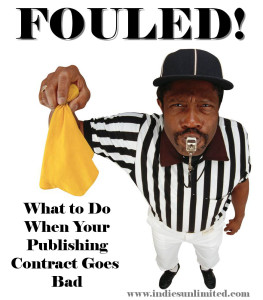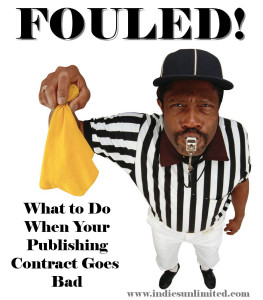 Recently I’ve learned about a new (to me) term: catfishing. It means someone pretending to be what they are not. In terms of selling books on the Internet, this basically boils down to someone posing as an expert in a given field, then writing short, pithy eBooks using information easily and freely accessible on the Internet (think Wikipedia) and then passing it off as a definitive guide on Amazon.
Recently I’ve learned about a new (to me) term: catfishing. It means someone pretending to be what they are not. In terms of selling books on the Internet, this basically boils down to someone posing as an expert in a given field, then writing short, pithy eBooks using information easily and freely accessible on the Internet (think Wikipedia) and then passing it off as a definitive guide on Amazon.
The Washington Post recently ran a very thorough article on the phenomenon. The upshot is that (1) this is nothing new; there have always been people gaming every system ever devised and (2) most of these catfishers operate at least nominally within Amazon’s guidelines with the exception of paid reviews, the thing that Amazon is really cracking down on lately. Continue reading “Et tu, Catfish? Writing with Integrity”


 So you’ve tried to get your publisher to give your book the editing, formatting, and marketing attention it deserves, but you’ve had no luck. Your logical next step may be to try to get your book back.
So you’ve tried to get your publisher to give your book the editing, formatting, and marketing attention it deserves, but you’ve had no luck. Your logical next step may be to try to get your book back.